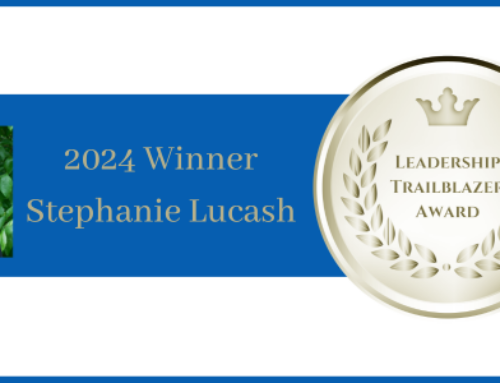If you’re facing a tough decision, your own inner wisdom might be as good as anyone else’s advice!
How To Be Your Own Mentor
By Laura Vanderkam
Having trouble finding the right mentor? Here’s an idea you might not have tried: tapping your own wisdom.
In her 2014 book, Playing Big, coach and speaker Tara Mohr advocates dialing down your inner critic and dialing up your “inner mentor.” When you’ve got a dilemma, with some practice, you can picture an older, wiser version of yourself, and seek her advice.
The Upside Of Looking Within
There are several reasons to give this a whirl. First, even the best external mentor is limited in what he can do for you. “The workplace is changing so much more rapidly than it ever has before,” says Mohr. “If you look to who’s ahead of you in your organization, probably their career paths, what got them where they are, and what they wanted, are all going to be very different than they are for you.” As our careers twist and turn, “it’s less likely that there is a right answer to any of your career questions that any person other than you would know.”
Another problem? “A lot of people don’t have mentoring skills.” Mentors often think their job is to give advice, but “that’s just usually not that helpful for people,” she says. “What mentees need the most is being asked the right questions.” They need “someone who can help them think through what’s right for them as individuals.”
And then there’s this practical matter: “A lot of the time, the people we want to mentor us don’t have the time, energy, or availability to do it.” Your inner mentor, on the other hand, “is not going to be too busy to talk to you.”
Moving Beyond The Ego’s Desires
So how do you tap her? In Playing Big, Mohr describes an elaborate guided visualization in which you visit a version of yourself who is 20 years older. There’s nothing magical about those two decades, though. “What’s most important is that you take the time to slow down, relax, relax your body, go into a calmer state through that visualization and meditation process,” she says. “Get out of your everyday thinking and your ego’s desires for what you want, and get in touch with a wiser sense of who you really are and what you really want.”
To be sure, external mentors have big benefits. Your inner mentor can’t introduce you to the person who will hire you for your next job. Likewise, one might point out that the older, wiser you is still you, and if you knew what you should do in a tough situation, you’d be doing it.
That said, many times we do know what we should do, we just have fears about the near future, or are holding on to comforts or markers of status we’ve built up. I asked Mohr if she consulted her inner mentor, and she admitted to doing so frequently. “If I am giving a talk somewhere, and I’m feeling really nervous about it, feeling that a particular audience is going to be judgmental, I check in with myself: How would my inner mentor approach this?”
The older, wiser Mohr gives this answer: “She knows that she’s not really in charge of how people react to her, and it’s fine if not everyone in the world loves her.” That’s reassuring—and didn’t involve getting time on anyone’s calendar.
Reprinted from FastCompany.com


